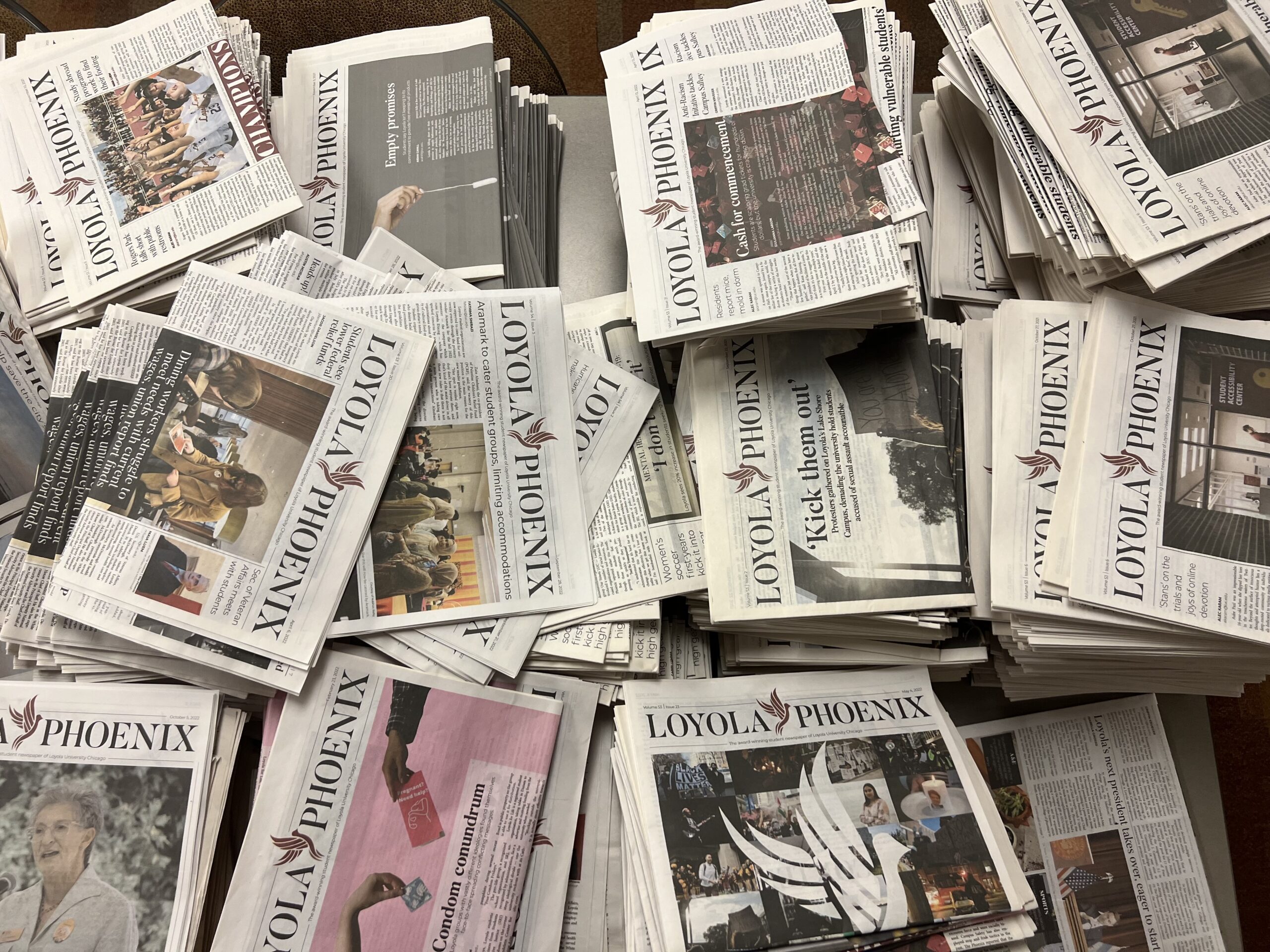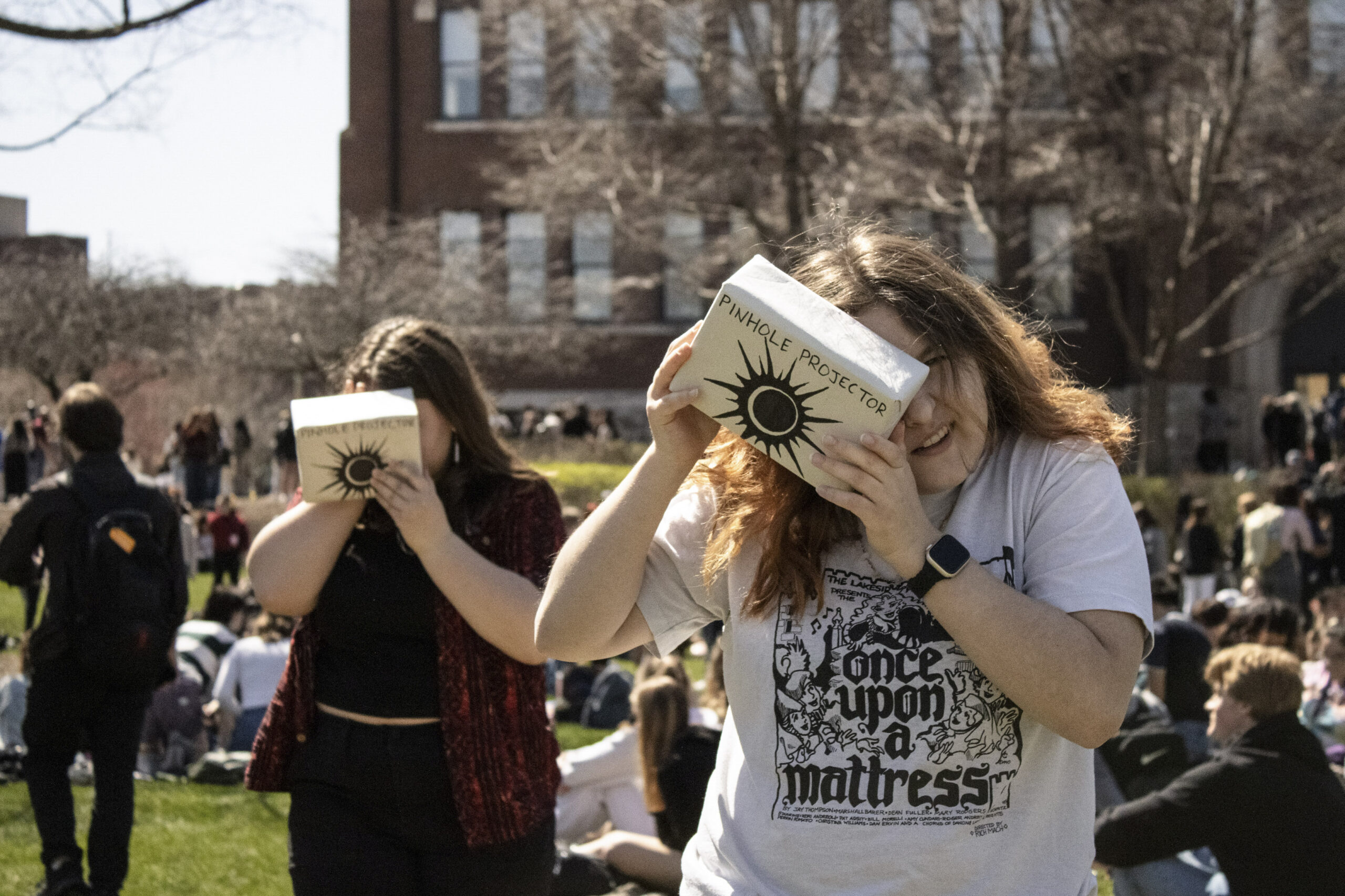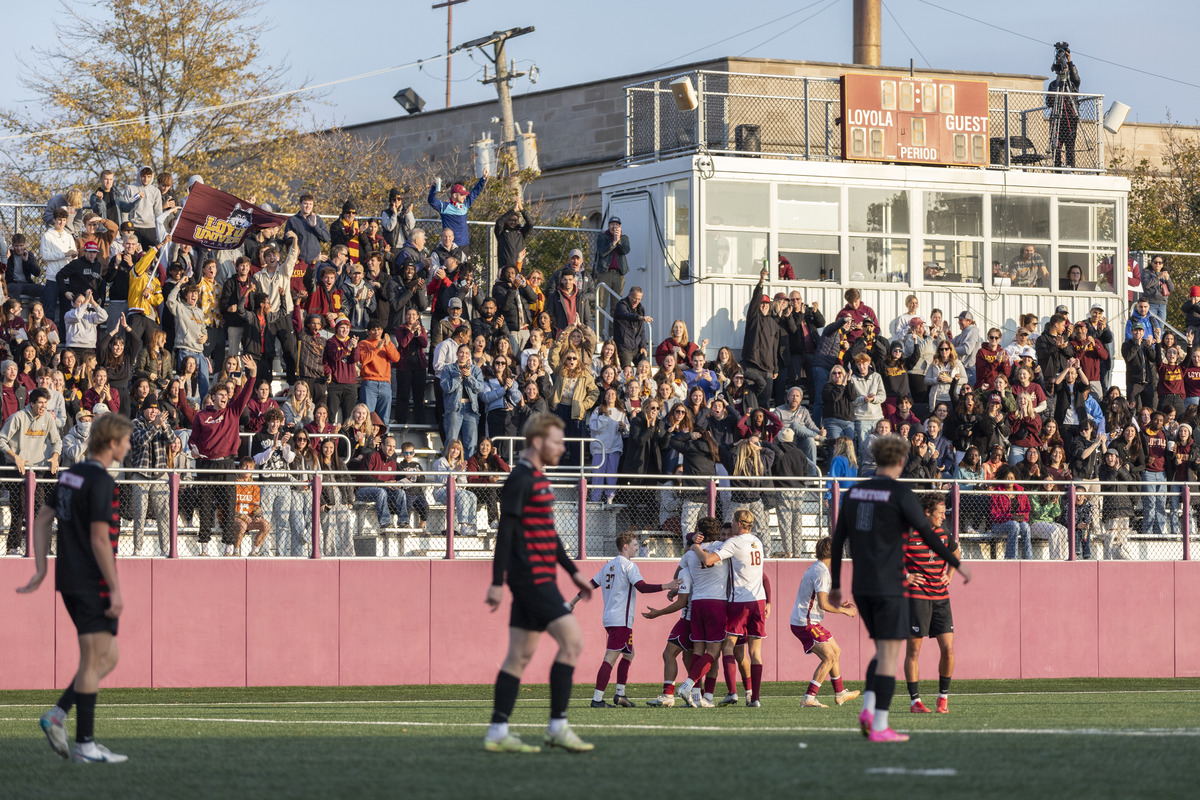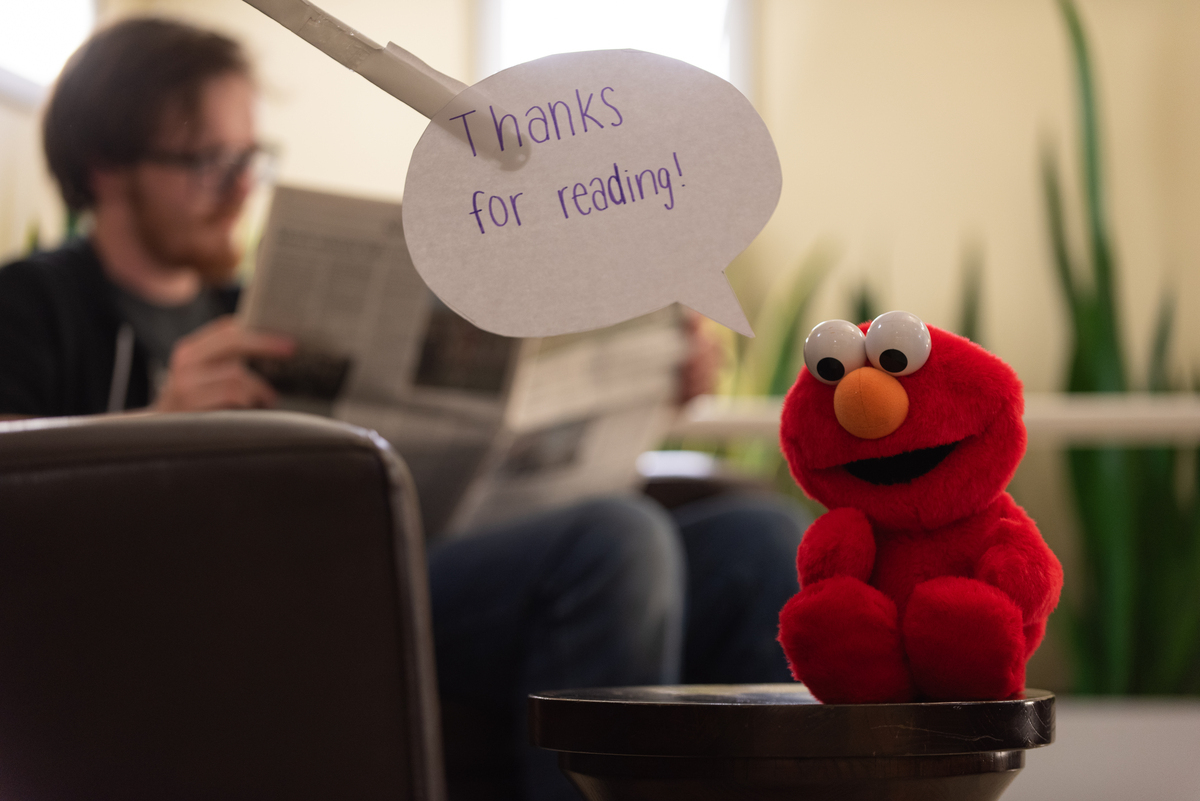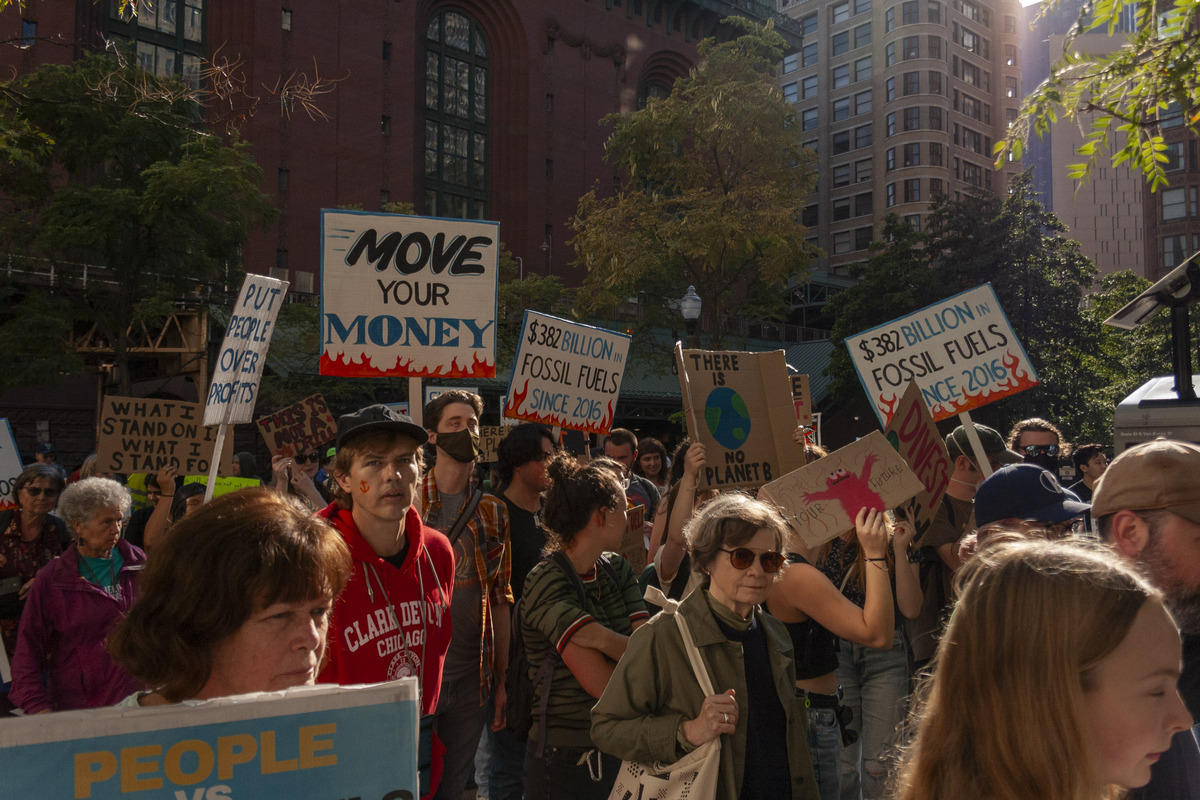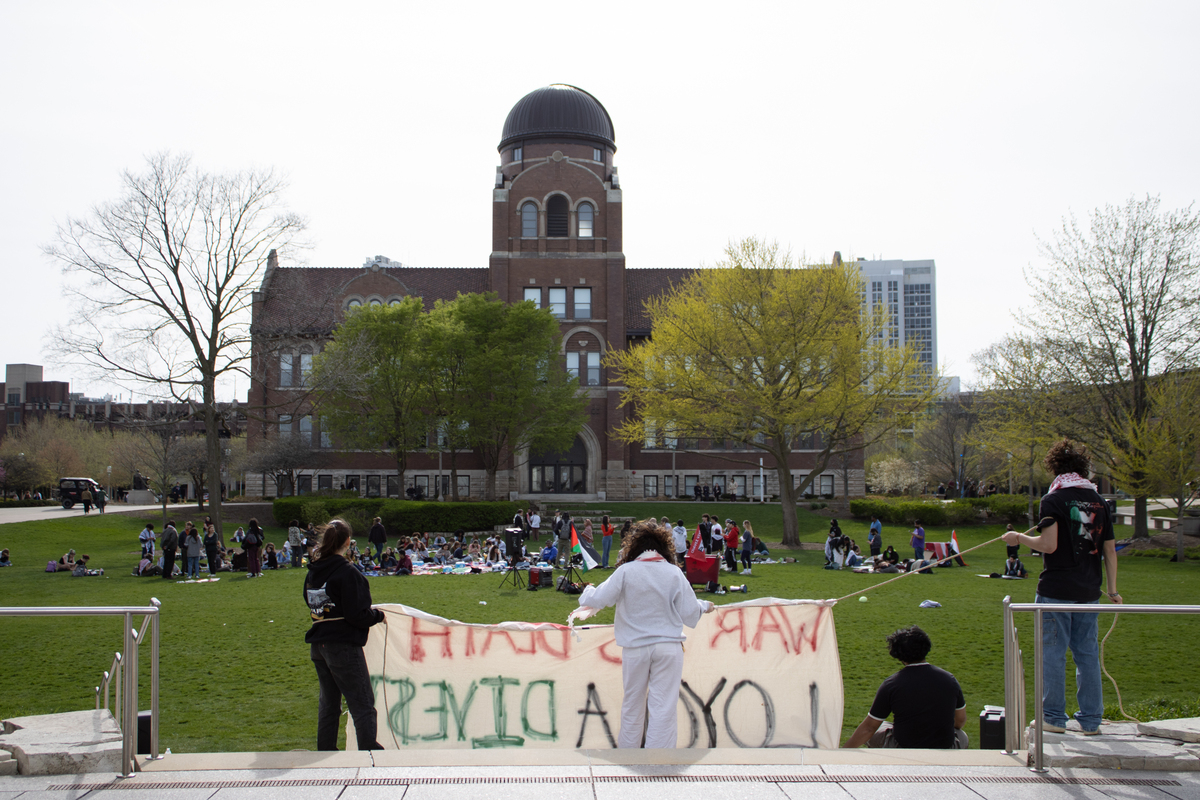Opinion editor Aidan Cahill discusses the human implication of the phrase “Thank you for your service.”
Column: Thank You for Your Service?
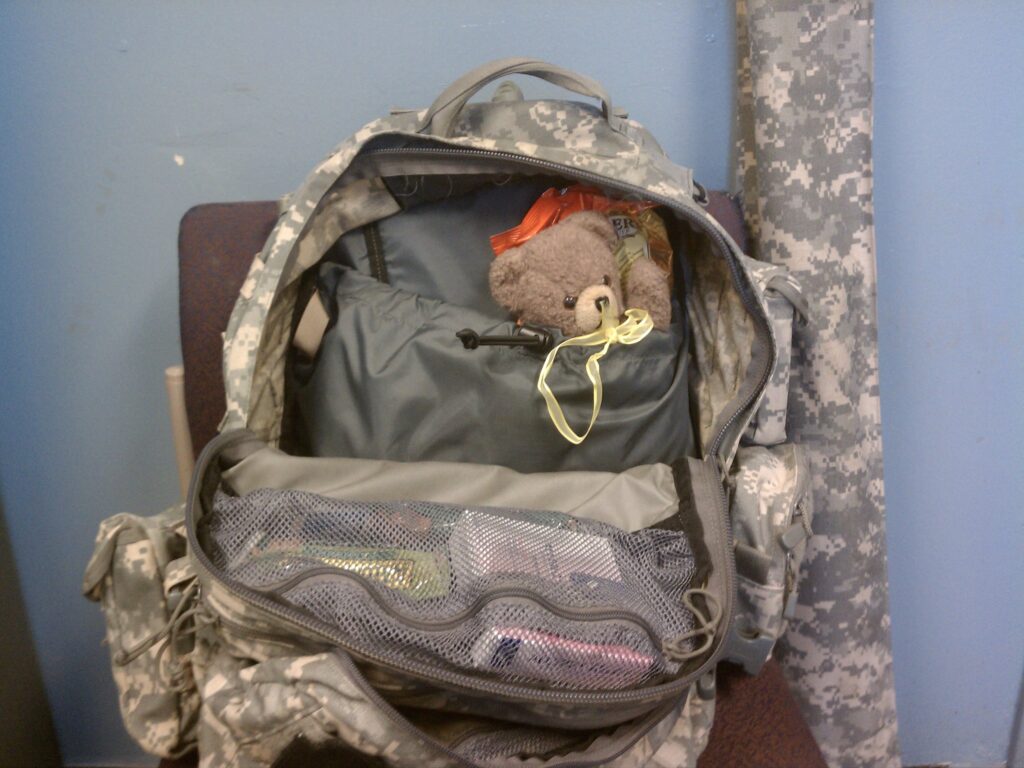
“Thank you for your service.”
It’s one of those phrases we feel obligated to say without putting much thought into it. You hear it broadcast at stadiums, said in political speeches and plastered on bumper stickers across the country.
But have you ever stopped and thought about what it means?
I ask because I’ve heard it said in reference to my family a lot. My father, three of my uncles, and one of my cousins were all in the military. Of those five, four served in the Army — specifically in infantry units — and the other served in the Air Force as a pilot. All five were deployed to the Middle East as part of the post-9/11 wars.
Having grown up in that environment, you’d think I’d be able to tell you all about how to support the troops and how to say thank you to veterans, right?
Not really. As I’ve grown older and learned more about the military, I’ve come to question the motivations behind “Thank you for your service.” To me, the phrase isn’t actually meant for the veteran hearing but rather for the civilian to look like they care. Instead of thanking the veteran as an individual, it seems as though they’re projecting their own ideas of service onto the veteran and thanking them for that.
In this way, we look upon veterans as almost gods among men we must pay tribute to. The problem with this mindset is that it fails to take into account the humanity of those who served.
Veterans aren’t superheroes — they’re people. They weren’t sent by God on some holy mission to save us from evil and defend the American way of life. Their reasons for enlisting, eventual careers and lives after getting out are just as diverse as the country they serve.
Several studies have shown that people are more likely to enlist because of pay and benefits rather than patriotism, according to Military Times. In 2018, The Rand Corporation conducted a study of soldiers newly enlisted in the Army and found that calling to serve was the third most common reason for enlistment — behind a desire to gain new experiences and military benefits.
As for experience, a 2019 Pew Research study found that only 29% of all veterans saw combat. When you remove veterans who served before 9/11, the percentage goes up to 49%. Despite not seeing combat, 61% of all veterans reported deploying at least once during their career. Again, for those who served post-9/11, the percentage is higher at 77%.
These two metrics provide just one example of the diversity of experiences found within the military, but they aren’t the only ones. Things like rank, unit, Military Occupational Specialty, time in service, branch of service, date of service and specific training can shape a service member’s life in and out of the military. No two veterans will come out of the military with the exact same outlook.
Even within my own family, the experiences of the five who served are vastly different from one another. Each of them went to different places at different times to carry out different missions. As a result, at every family reunion the stories come out and that diversity of experience is put on full display.
While collectivism may be a hallmark of military life, it shouldn’t be our approach to veterans. A person isn’t defined by their military service alone. Making assumptions about someone just because they’re a veteran or blindly equating their service to some higher set of values we assume they hold just doesn’t necessarily show appreciation.
I could spend hours talking about the serious — and not so serious — issues facing service members and veterans. But for now, the easiest thing we can do is break down our own assumptions about those who serve and start looking at them more as humans.
If you have the opportunity to talk to a veteran, maybe ask them about their time in the military. Not every veteran will want to talk, so don’t be intrusive. That said, if they do, listening and showing an interest may convey your appreciation better than saying “Thank you for your service” ever could.
Beyond just lending an ear and being respectful, the easiest way to show appreciation to service members is by voting and engaging with politics. It may seem cliché, but in every conversation I’ve had with my dad about this topic, it’s what he consistently recommends.
The challenge of bridging the gap between the military and civilian worlds is a complex issue that will exist as long as the nation is defended by a minority of its people. Looking at veterans as humans won’t solve every issue they face, but it may be a good first step.
Feature image courtesy of Aidan Cahill



